The MSU Water Alliance brings together researchers, students, and community partners to tackle Michigan’s most urgent water challenges. Our aquatic ecology, sustainable water resources, and one health science hubs address critical issues, from climate impacts and water quality to food systems, public health, and water governance.
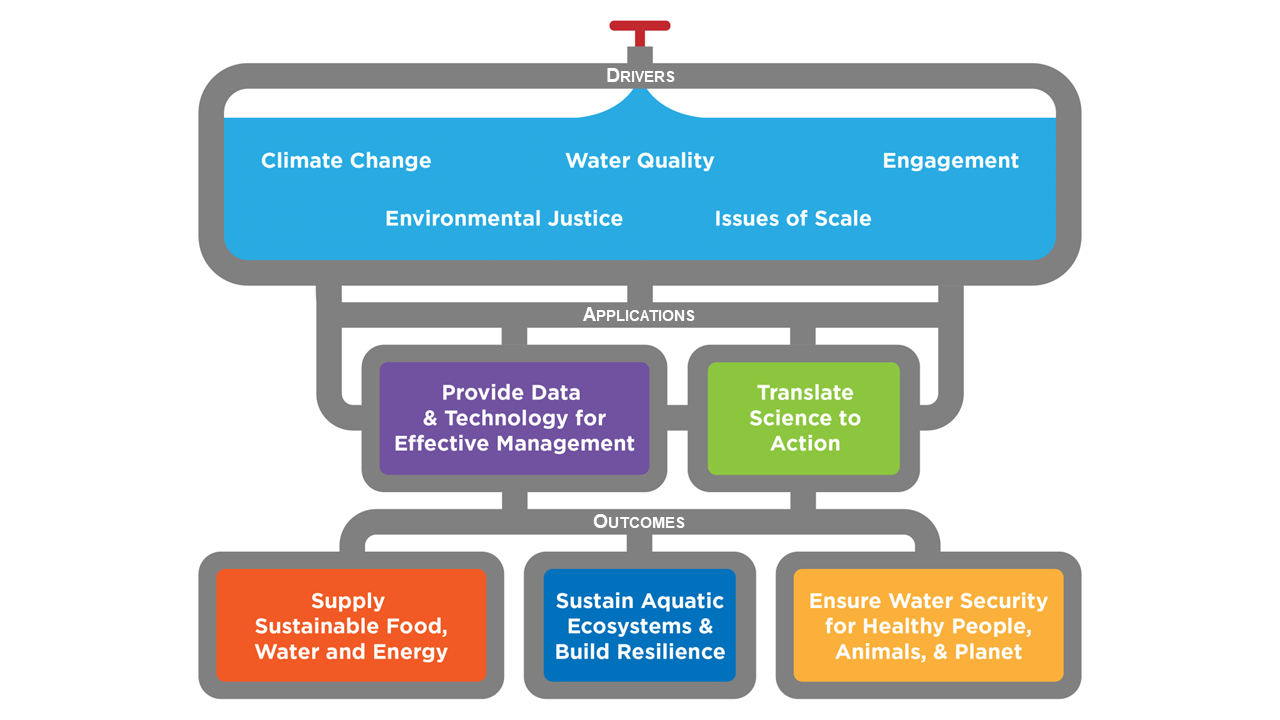
Faculty and specialists work across disciplines and communities, combining science, technology, and policy to drive real-world solutions.
They focus on:
- Mutual collaboration
- Participatory decision-making
- Modeling, monitoring, AI, and sensors
- Water diplomacy and governance
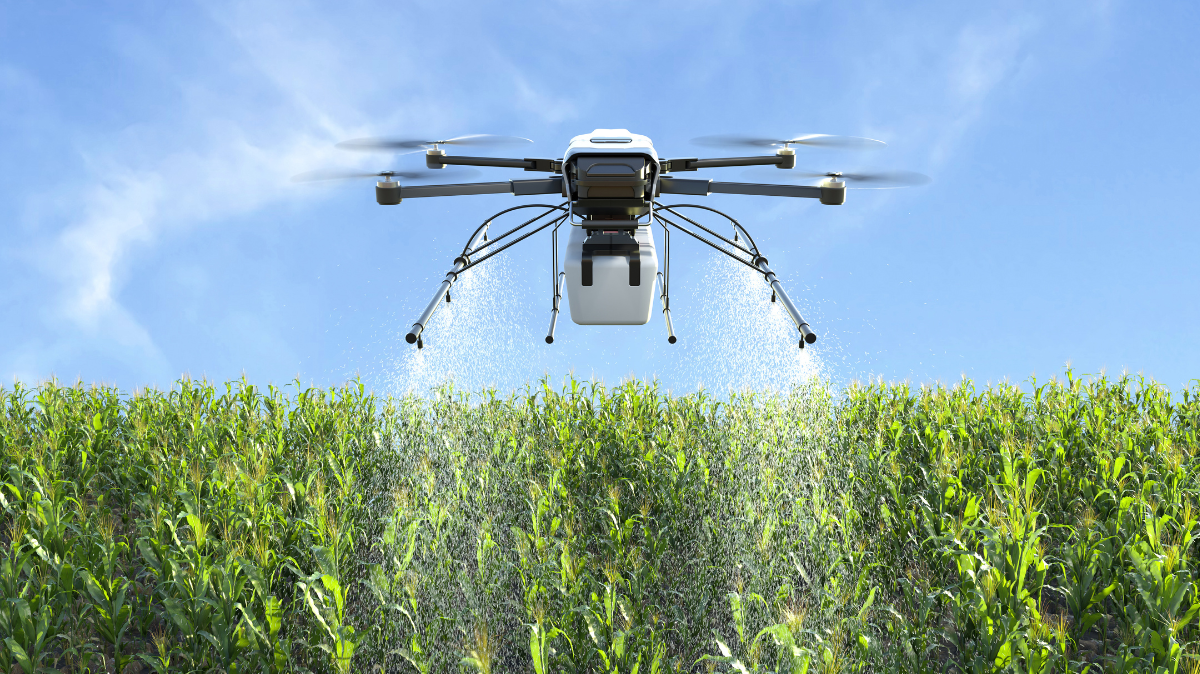
Supply sustainable food, water, and energy.
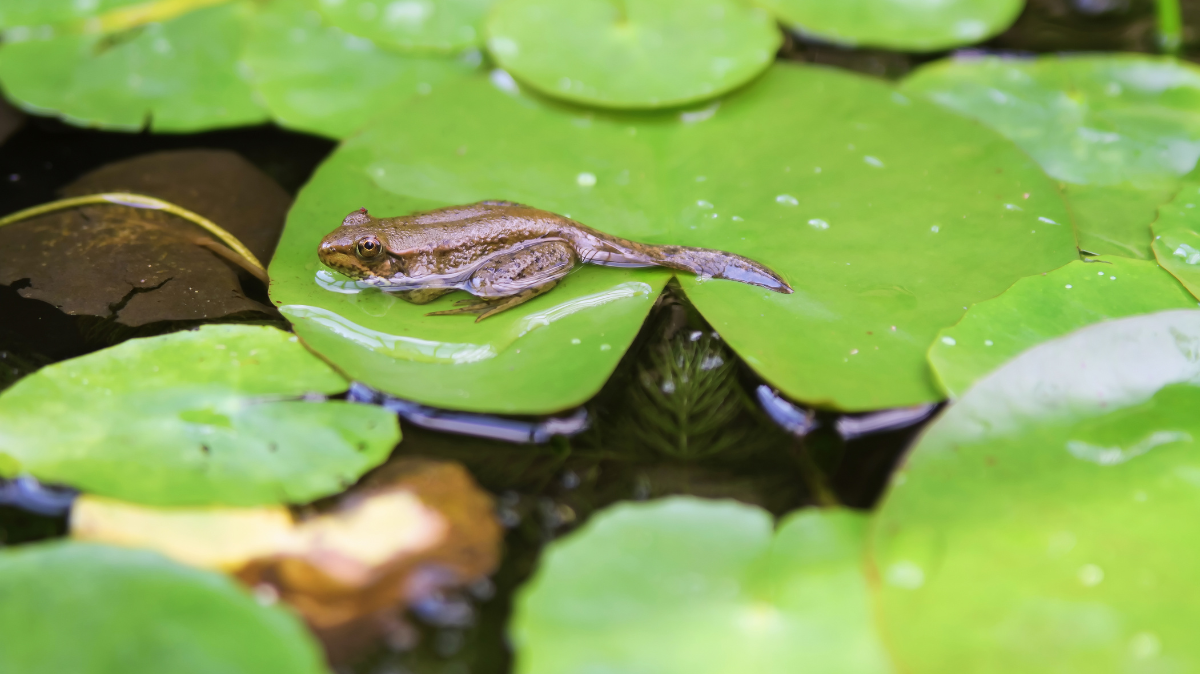
Sustain aquatic ecosystems and build resilience.
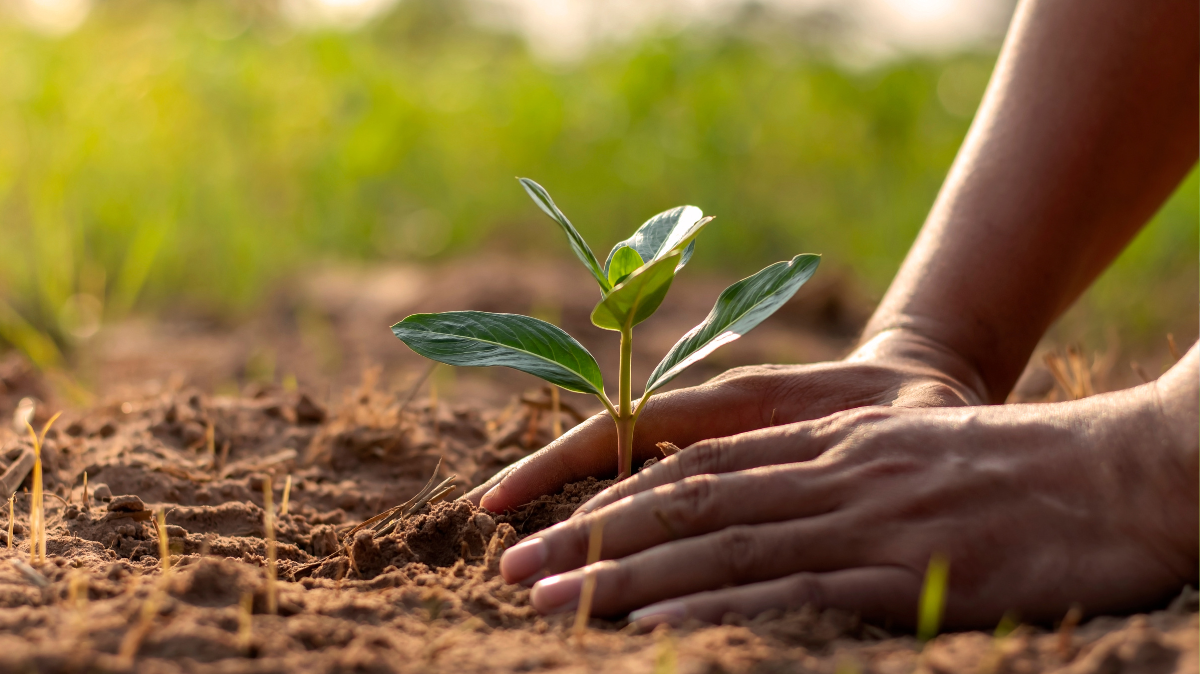
Ensure water security for healthy people, animals, and the planet.
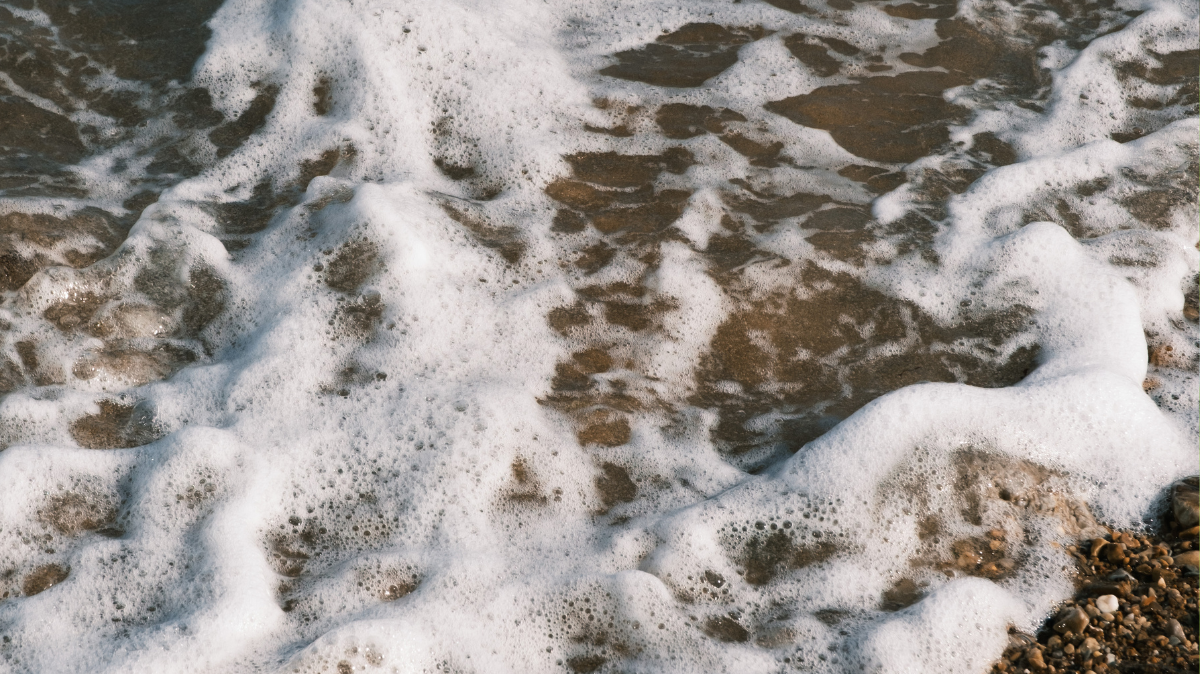
What are PFAS, and how do they show up in Michigan’s water? This 2-minute video explains how these “forever chemicals” move through the environment, what researchers are doing to track them, and what it means for our communities.
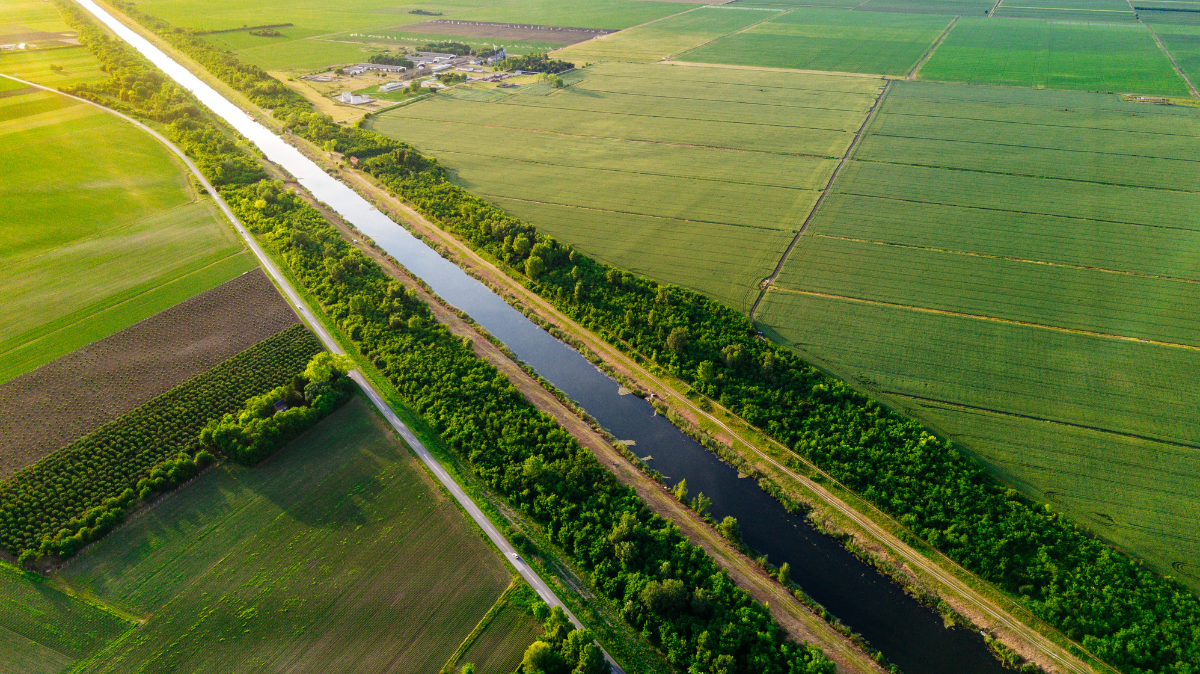
A global initiative led by MSU Professor Matt Schrenk is forming to revolutionize water sustainability in small and rural communities.

The WaterCube NRT program at MSU was designed to prepare a competent workforce for addressing future sustainability and socio-economic challenges in water.
